Science is everywhere...
start here
Media
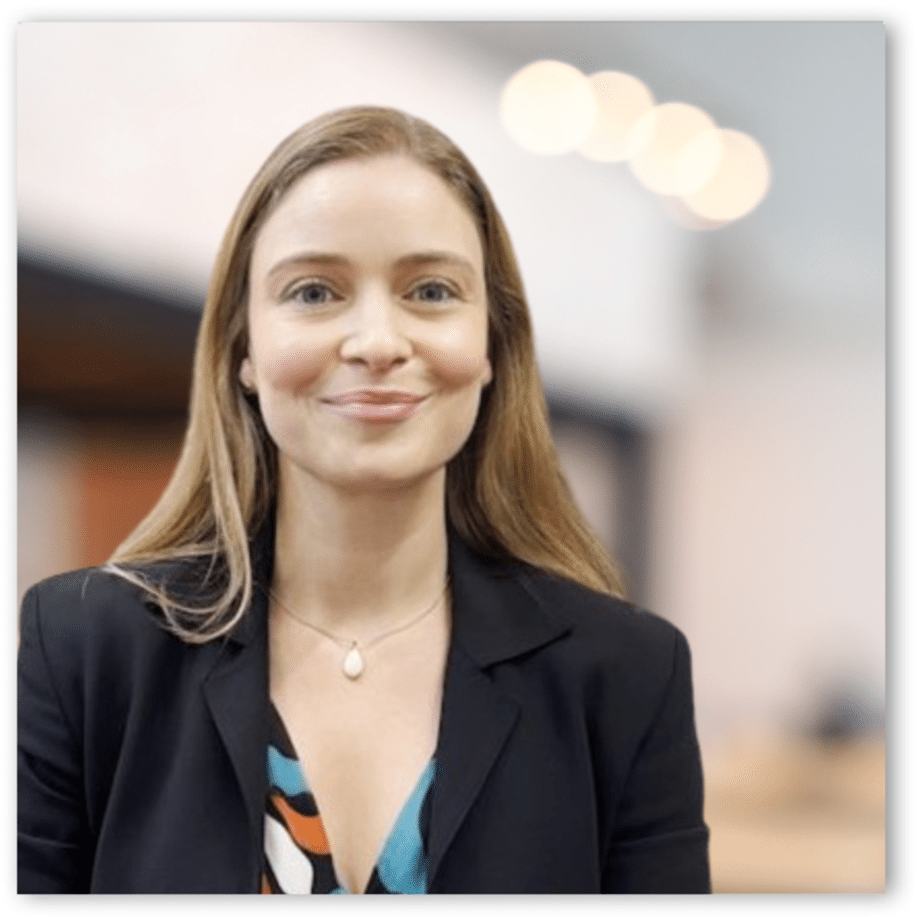
Angela Minassian
Malaria vaccine specialist
Chief Investigator in Malaria Vaccine and Challenge studies at the Draper Laboratory, University of Oxford, and Honorary Consultant Infectious…
New
Most Popular
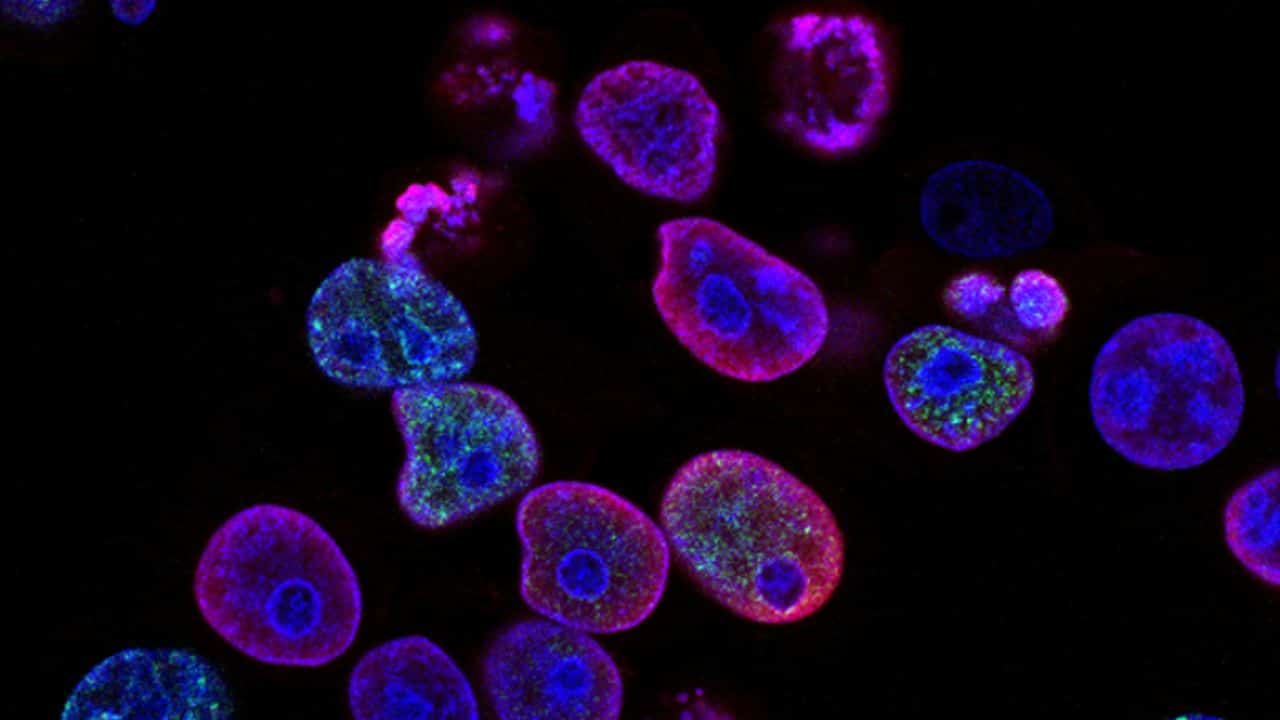
Could vaccinations stop people from getting cancer?
Finding a cure for cancer is unarguably one of the biggest medical challenges that we face. But what if…
New
Most Popular
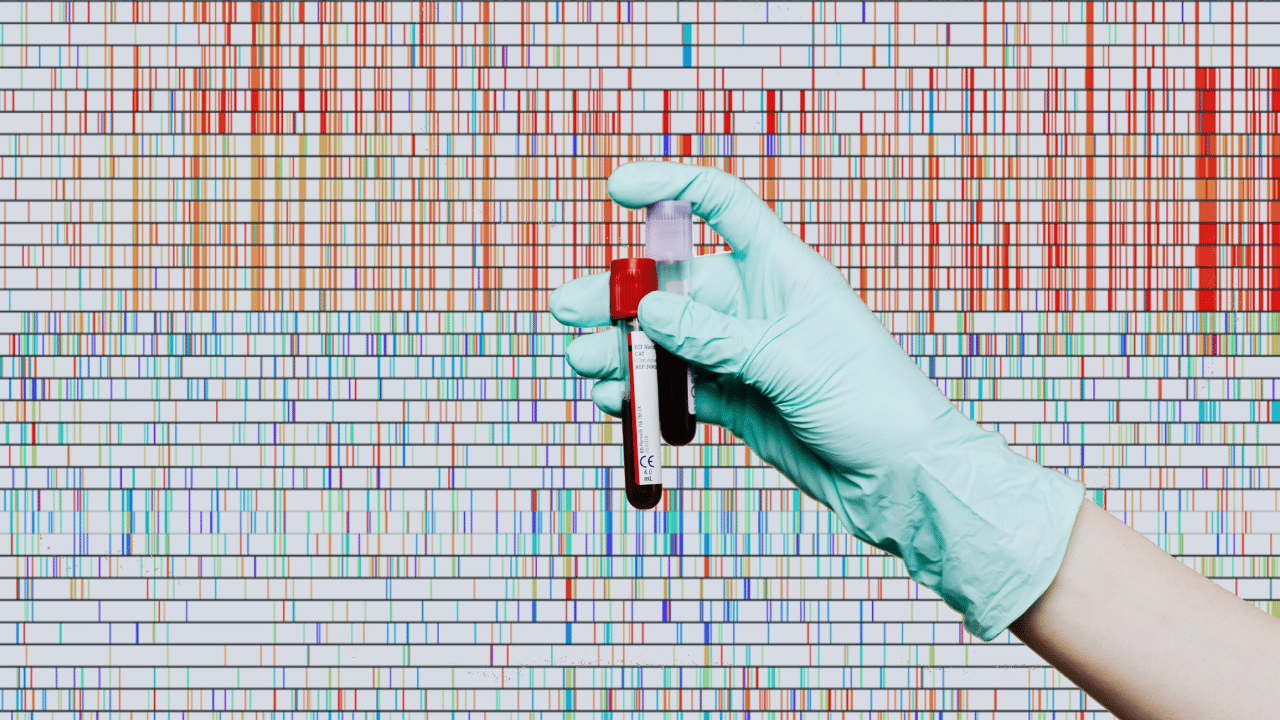
Is there a better way to screen blood?
What’s the best gift you can give? To the millions of people whose lives have been saved by complete…
New
Most Popular
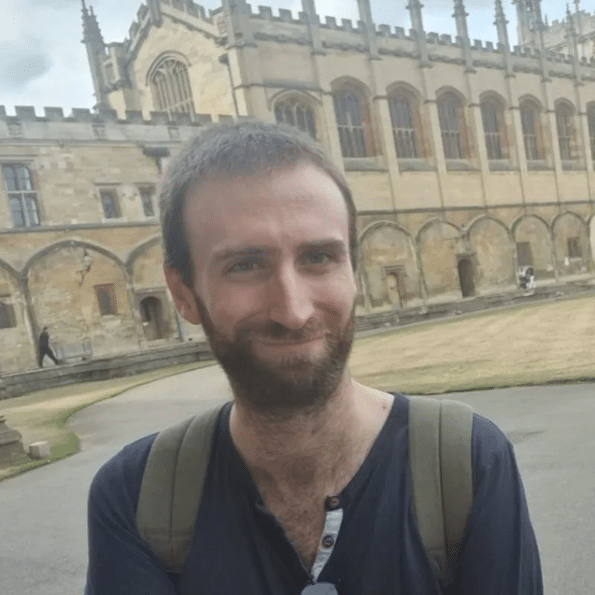
Rich Mayne
Biomedical Scientist
Ever since I first learned about genetics, I’ve been hooked. There’s something so satisfying and elegant about boiling down…
New
Most Popular
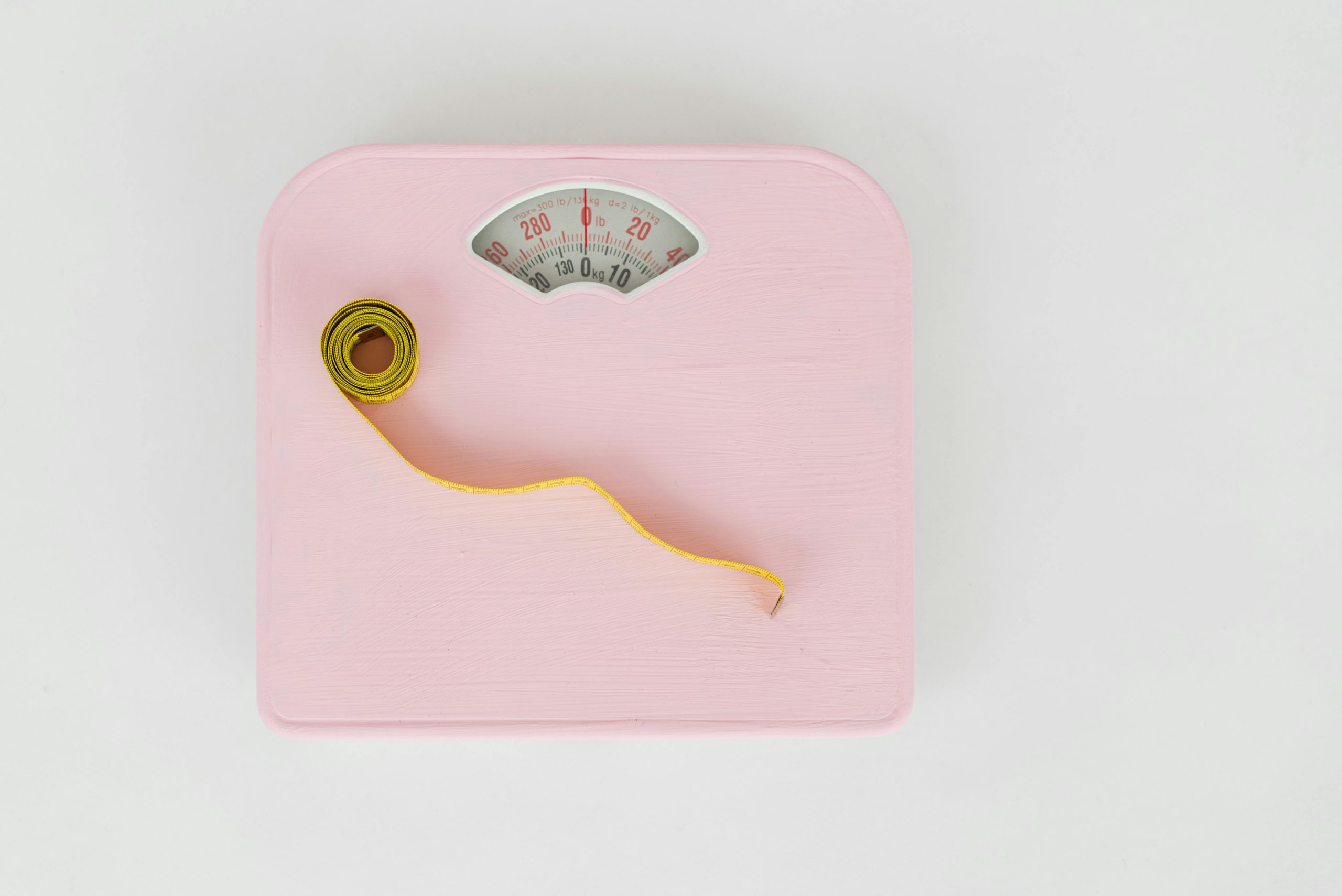
How does Ozempic actually work?
Whether you’ve been served an advert for it, or just heard about it in the media, it’s likely that…
New
Most Popular
